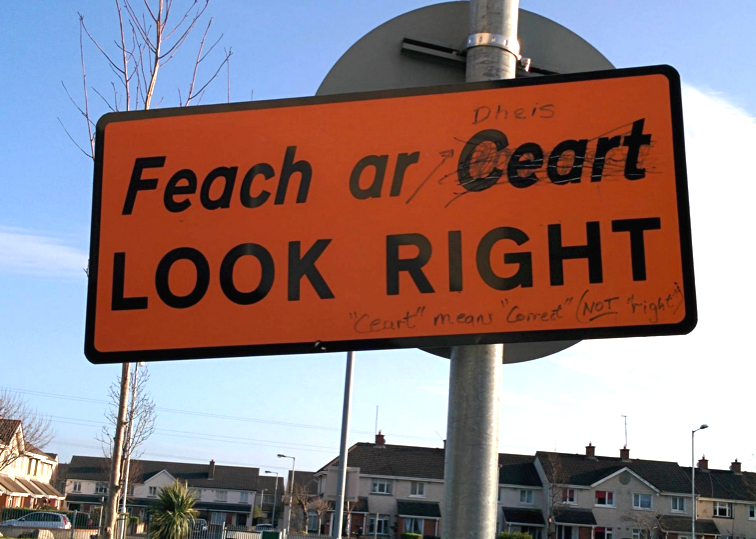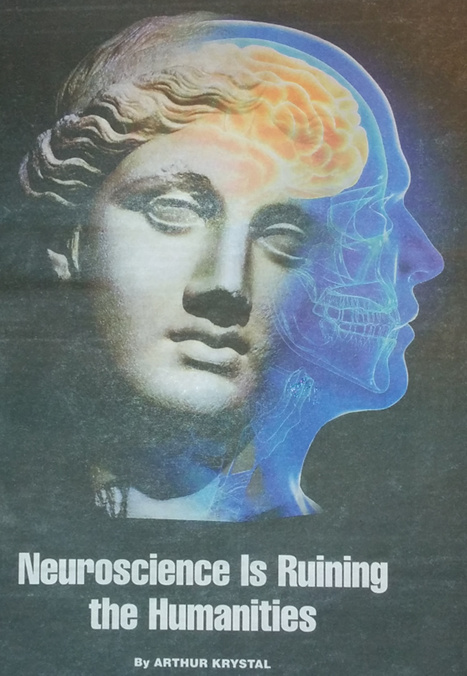Myopia in East Asia
[The following is a guest post by Dr. Ian Morgan of the Research School of Biology, Australian National University, Canberra, Australia and Zhongshan Ophthalmic Center, Sun Yat-sen University, Guangzhou, China. It is in response to "Chinese characters and eyesight" (11/12/14), which generated a lot of interest and discussion, and which references the work and views of Dr. Morgan.]
I came across your blog and the comments on the relationship between Chinese characters and myopia quite recently, and I thought it was worth a quick response.
Read the rest of this entry »


